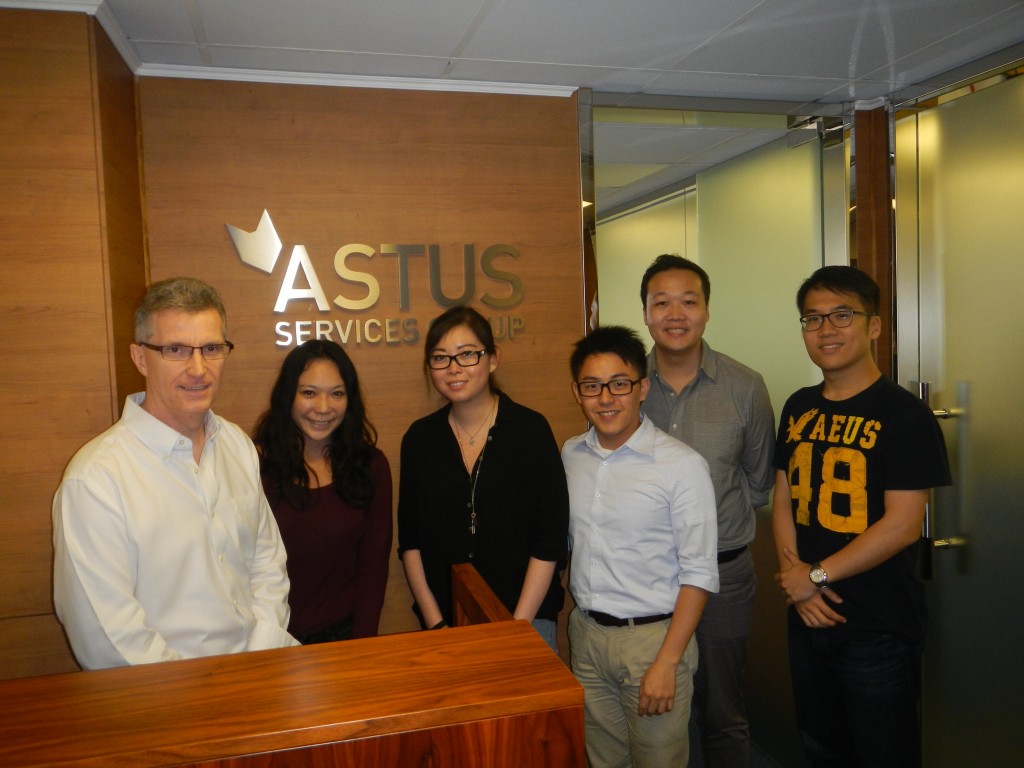
Interview: In the Last 20 Years Which Type of Hong Kong Visa Has Been Most in Demand and the Easiest to Anticipate an Approval For?
Posted in Employment Visas, Family Visas, Investment Visas, Long Stay & PR, Musing, Refusals & Appeals, Special Programmes, The Hong Kong Visa Geeza, Visitor Visas /
First Published August 22, 2013
Which type of Hong Kong visa has been most in demand in the last 20 years and how easy has it been to get approval for this visa type?
On June 6th, 2013 I was interviewed by five law students from the Chinese University of Hong Kong about my experiences practicing immigration here over the last 20 years.
We covered a great deal of ground in the 90 minutes we spent together and over the next few weeks I will be posting the interview broken down into 31 different segments, covering almost every Hong Kong related visa and immigration topic there is.
The students were: Dickens Roy Ken Lam, Sunny Wong, Toby Yip, Margaret Wo and the lady who asked most of the questions and organised the session on behalf of the group, Jacqueline Cheng.
In this segment the question posed was:
In the last 20 years which visa type has been most in demand and easiest to anticipate an approval for?
My friends and colleagues over at Astus Services Group very kindly hosted us in their facilities in Central for this interview.
Other Questions Asked During the Session
How has the experience of Hong Kong immigration policy changed over the last 20 years?
Do you personally find Hong Kong an attractive place to live, work and do business?
How has Hong Kong’s attractiveness changed for you over the last 27 years?
Do your clients typically find Hong Kong’s attractiveness today as it was to you 27 years ago?
In what ways do you think the different entry schemes may affect Hong Kong’s socio-economic development?
Do you think that the Immigration Department suitably promote and encourage participation in the various schemes designed to attract foreign national talent to Hong Kong?
How effective is the Hong Kong Immigration Department’s website in educating and promoting Hong Kong to the outside world as a place to live and work and do business?
Has there been any demographic change since the introduction of the Admission of Mainland Talents and Quality Migrant Admission Schemes?
What do you think about the Immigration Arrangement for Non-local graduates?
Has Hong Kong ever been used as a kind of stepping stone into another immigration jurisdiction?
Is there a threshold to attaining a visa under the General Employment Policy?
What’s actually involved in getting a Hong Kong investment visa approved?
Can it be said ImmD are sometimes lax in enforcing immigration policy?
Which visa program would be most beneficial for Hong Kong’s society?
What was it like being an immigration consultant in Hong Kong during the time of SARS?
We hypothesize that while the influx of non-residents into Hong Kong may benefit the economy in the short-term, the long-term negative impacts outweigh any short-term positives. Do you agree with this statement?
Do you think that there is preferential treatment to non-resident workers?
What do you think is the most difficult challenge facing Hong Kong now, when it comes to competing for foreign talents and workers? (i.e. as compared to the 3 other Asian Tigers)
What’s your view on Hong Kong’s liberal visitor visa arrangements, especially regarding the large numbers of Mainlanders who come here now?
What about the possibility of a graduate management trainee visa for a foreign national applicant?
How well does ImmD respond to the lack of skills in Hong Kong through adjustments to the General Employment Policy from time to time?
Do you think any improvements could be made on the entry schemes? If so, how?
What do you think is the biggest problem in dealing with ImmD as an organisation tasked with the dual role of providing a public service yet serving as the gatekeeper to Hong Kong?


